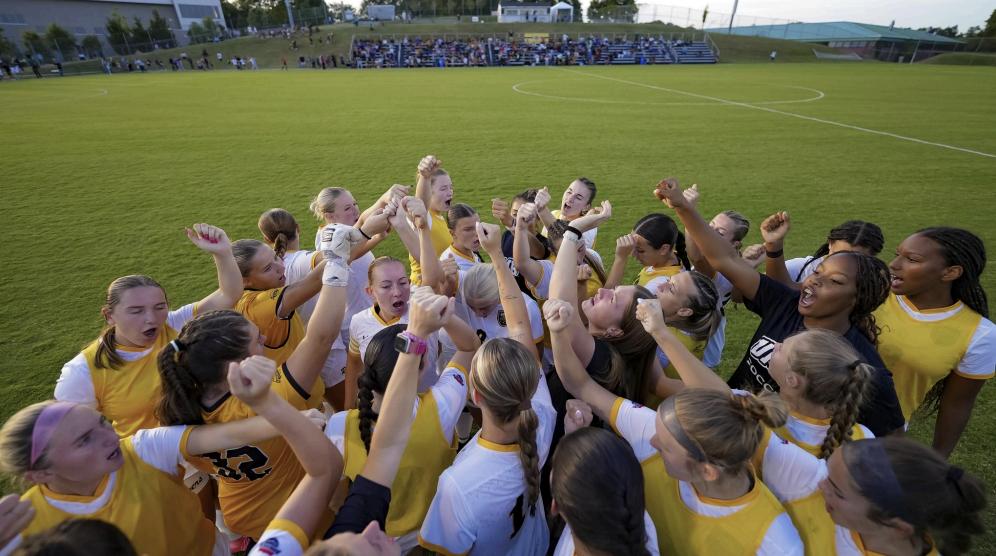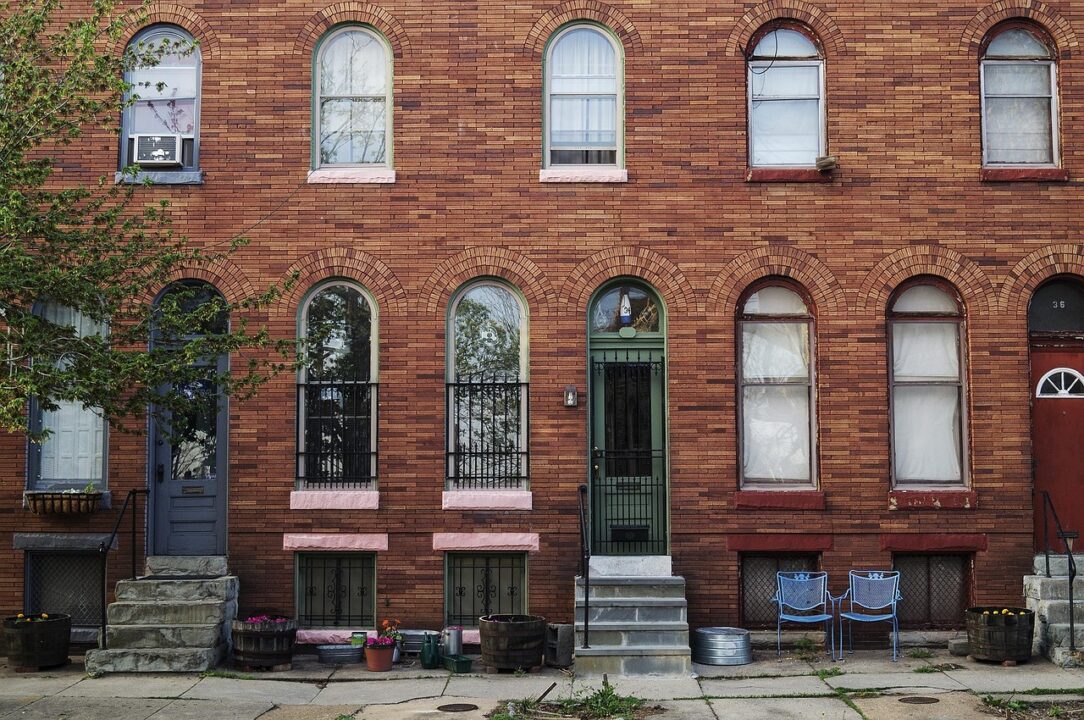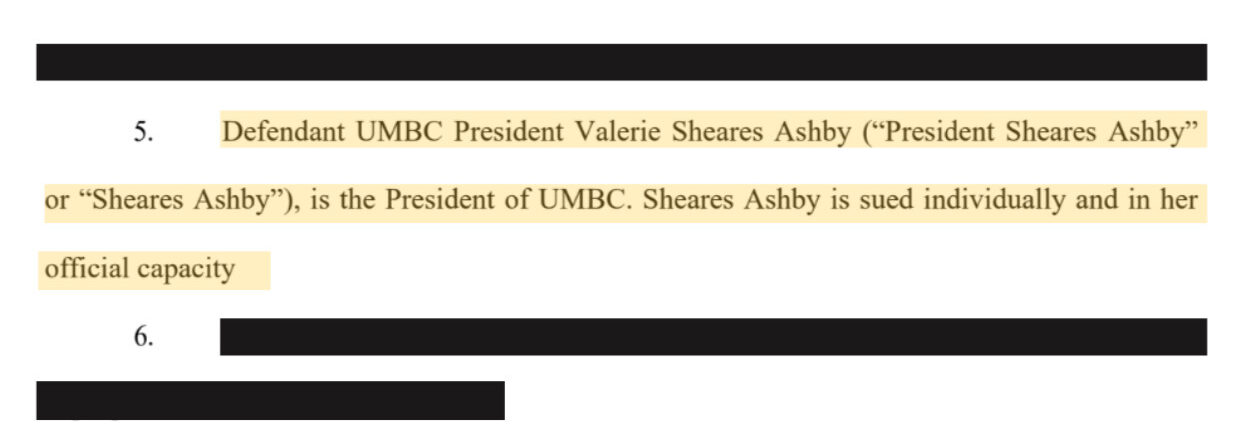UMBC’s Office of Sustainability has unveiled a renewed Sustainability & Climate Action
Plan that sets an ambitious course for the campus. The draft plan, released online for
public comment, aligns academic priorities, facilities investments, and community
partnerships around decarbonization, resilience, and environmental justice. The plan
arrives at a pivotal moment for Maryland. Recent climate laws and building performance
standards have created aggressive targets and a narrowing window for UMBC to act.
UMBC’s sustainability work has deep roots. The university’s leadership in climate action
began formally in 2007 with the American College and University Presidents’ Climate
Commitment and expanded over the following decade through emissions inventories,
energy efficiency projects, and renewable energy purchases. UMBC finalized its first
Climate Action Plan in 2010, later updated in 2020, but its journey toward sustainability
has a much longer history.
According to early coverage published in The Retriever, UMBC in the early-1970s
opened a reclamation center to promote recycling and resource conservation, organized
community cleanups and tree giveaways, coordinated free vehicle emissions testing,
and participated in Earth Day celebrations. In 2013, UMBC Magazine asked “Can
UMBC Go Green?”, shining a spotlight on grassroots initiatives and
university-sponsored projects. In more recent times, students raised their voices during
the international climate strike of 2019, challenging UMBC to do more to lead in the fight
against climate change. This community protest was responsible, in part, for UMBC’s
decision to accelerate its purchases of clean, renewable electricity to power its
buildings.
The story of sustainability is one of (mostly) forward progress, punctuated by moments
of significant growth and interrupted with new challenges. Forward momentum is often
driven through student activism, as was the case during the climate strike of 2019.
Recent announcements and mandates from the Maryland State House also reflect the
growing consensus and urgency around climate change in the state. In 2022, Maryland
adopted the Climate Solutions Now Act (CSNA), which requires a massive 60%
reduction in statewide greenhouse gas emissions by 2031, compared against a 2007
baseline. At the time, this target was billed as the most aggressive emissions reduction
goal in the nation. The CSNA also mandated that Maryland reach net-zero emissions
statewide by 2045. Then, in late-2024 Maryland adopted a new Building Energy
Performance Standard (BEPS) that requires buildings to improve efficiency and fully
decarbonize by 2040, with compliance enforced through financial penalties.
How is UMBC responding to these new mandates? Incremental changes will not be
enough! Meeting our state responsibilities and responding to the urgency of climate
change will require coordinated, well-resourced action that bridges academics,
operations, and community engagement. Across the 2024-2025 academic year, the
Office of Sustainability worked with a broad cross-section of students, faculty, and staff
to update and publish our draft Sustainability & Climate Action Plan.
The individuals who led this effort are dedicated to improving our facilities, operations, and academic
programs on a daily basis. Through the process of updating the plan, they identified the
biggest gaps and greatest opportunities for UMBC to improve campus sustainability,
decrease our carbon footprint, and improve the world starting right here. The renewed
plan increases our sustainability ambition, improves accountability, and enhances our
vision in line with current science, our university peers, and the new legislative guidance
in Maryland.
In 2025, our renewed action plan takes the following bold actions. It challenges us to
eliminate carbon emissions from buildings by 2040 and reach overall net-zero carbon
emissions by 2045, meeting the ambitious goals of the Maryland CSNA and BEPS. It
accelerates our roadmap to purchase 100% renewable electricity, creating a 2030
deadline that shaves 20 years from our previous timeline. Other goals cover diverse
topics ranging from transit services, electric vehicles, landscaping and responsible
stormwater management, academic engagement, and much more.
Perhaps most critical, the revised Sustainability& Climate Action Plan creates a pathway
to ensure sustainability goals are voiced and addressed in UMBC’s strategic planning
and master planning efforts. Integrating sustainability goals into university planning will
help ensure alignment, position UMBC as a state and national leader, demonstrate
commitment to our past pledges, and, critically, avoid missed opportunities.
As in 2013, the question of whether UMBC can “Go Green” remains an open one. As
federal funding and governmental support wanes, it will be a difficult road ahead. While
the path forward is full of uncertainty, these challenges are not unique to UMBC.
Institutions across Maryland face the same pressures, budget constraints, and legal
mandates to improve sustainability performance. Actions now will distinguish UMBC,
and indeed the State of Maryland, as a first mover and leader on the climate front.
History will show which governments, corporations, and institutions of higher learning
choose to act. It may also judge those who stayed on the sidelines and left the fight to
the next generation.
In recent years, the Office of Sustainability has served as the institutional hub for
sustainability efforts on campus. While the Office leads many initiatives, responsibility is
always shared. Progress depends on buy-in and participation from the whole campus.
As the Sustainability & Climate Action Plan notes in closing, sustainability will not
happen just by writing a plan. Solutions will not work unless people do.
The launch of UMBC’s new Sustainability & Climate Action Plan is a first step and a call
to action for the campus. Together, we can ensure UMBC not only meets its climate
commitments but also serves as a model for sustainability in higher education. It is our
opportunity to lead on sustainability in the face of grand challenges. It is our opportunity
to show our grit.
Footnote:
The draft Sustainability & Climate Action Plan is currently available on the homepage of
the Office of Sustainability website: https://sustainability.umbc.edu/. We invite you to
read, review, and provide comments. Make your voice heard! We will thoughtfully
review and consider every response. If you prefer to give feedback in other ways, reach
out to our Office of Sustainability (sustainability@umbc.edu) to provide your comments
or schedule a 1-on-1 meeting. Look for future updates on myUMBC: Sustainability
Matters and signup on our website to get our monthly Sustainability Newsletter.
Taylor Smith is the Assistant Director of Sustainability at the University of Maryland, Baltimore County’s Office of Sustainability.


